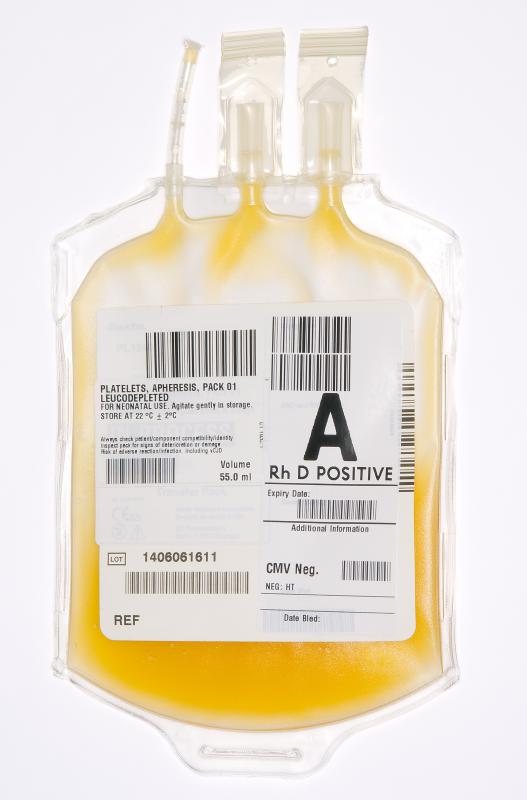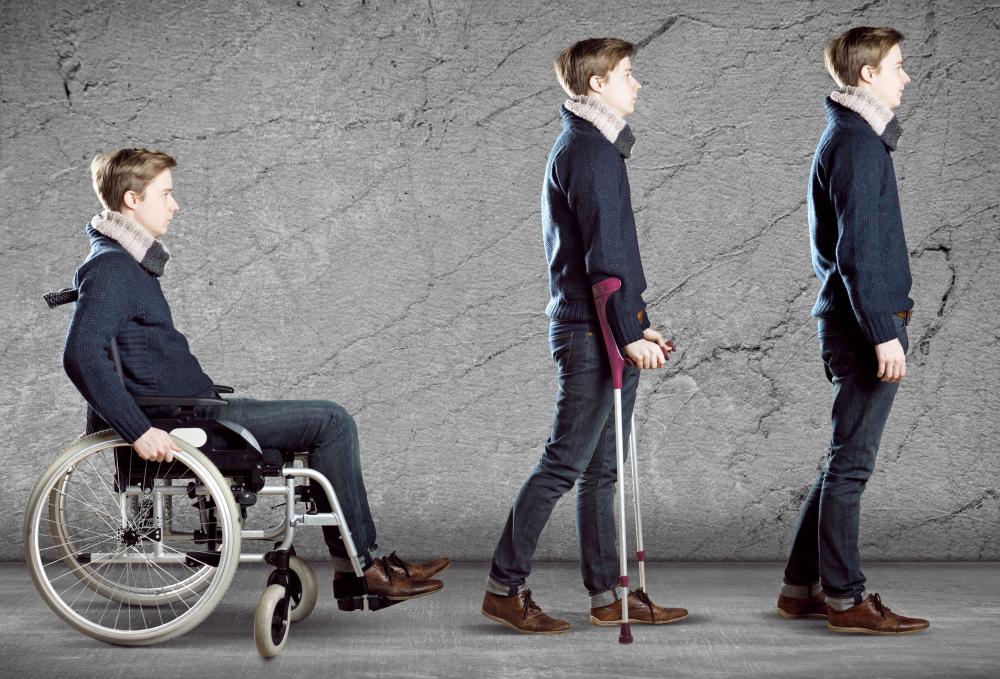At WiseGEEK, we're committed to delivering accurate, trustworthy information. Our expert-authored content is rigorously fact-checked and sourced from credible authorities. Discover how we uphold the highest standards in providing you with reliable knowledge.
What is Guillain-Barré Syndrome?
Guillain-Barré syndrome is a condition causing extensive weakness in the nerves. It often progresses to paralysis affecting not only the nerves but also the muscles. The overall muscle weakness can result in respiratory failure. Timely treatment of this usually temporary disorder is extremely important to avoid complications, which can result in death.
The causes of Guillain-Barré syndrome are not clearly defined, though there are several suggested theories. Guillain-Barré syndrome may present after a viral illness, after a surgery, and sometimes after flu shots. However, these cases do not prove causal factor, though risk of developing this condition should be considered and discussed with a doctor when one is receiving an influenza vaccination. This condition is more common in adults than children, with roughly 3.5 cases per 100 people per year.

Guillain-Barré syndrome creates an autoimmune response to the myelin sheaths of nerves. Myelin sheaths are responsible for the transmission of nerve signals to the body. As the body attacks the myelin sheaths, the nerves become damaged and cannot send the appropriate signals to the brain. The result is progressive weakening of the muscles.
Most people with Guillain-Barré syndrome notice tingling sensations in the muscles at first. The disorder progresses in about two to three weeks to overall muscle weakness. In addition to respiratory effects and paralysis, abnormal hearth rhythms may occur. Patients may have tremendous weakness in the muscles of the throat and may need to be fed intravenously.

The duration of Guillain-Barré syndrome depends largely on early recognition and treatment. There is no specific test for diagnosing the disorder, but tests can be performed to rule out other conditions that may result in muscle weakness. The most common of these is a spinal tap to rule out forms of meningitis. When no other conditions are detected, the symptoms and the progression of the illness inform diagnosis.

Early treatment includes hospitalization, as the greatest danger of Guillain-Barré syndrome is sudden respiratory dysfunction, which can lead to death. If this occurs in a hospital setting, patients can quickly be put on a respirator that “breathes” for the patient. Patients will also undergo plasmapheresis.
Plasmapheresis, or plasma exchange, removes blood from the body to a machine that separates the blood’s red and white cells from blood plasma. The blood is returned to the body without the plasma. This procedure tends to shorten the duration of Guillain-Barré syndrome, although the reasons it works are not clearly understood. Patients will also receive intravenous immunoglobulins, proteins that assist the immune system in fighting disease.

With early treatment, patients have an excellent chance of recovery with no lasting nerve damage. Total recovery is possible within a few weeks. Late treatment may result in lasting nerve damage or muscle weakness, and a far longer stay in the hospital, sometimes three to four months.
Children with Guillain-Barré syndrome are more susceptible to long-term damage. Over 30% may experience muscle weakness years after the disease has been treated. Statistically, though, roughly 85% of those affected will make a full recovery. Guillain-Barré syndrome has a 5% mortality rate, which is much improved on past reports, largely due to early recognition and treatment.
AS FEATURED ON:
AS FEATURED ON:















Discuss this Article
Post your comments